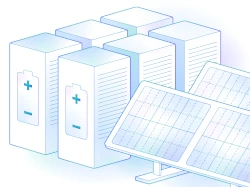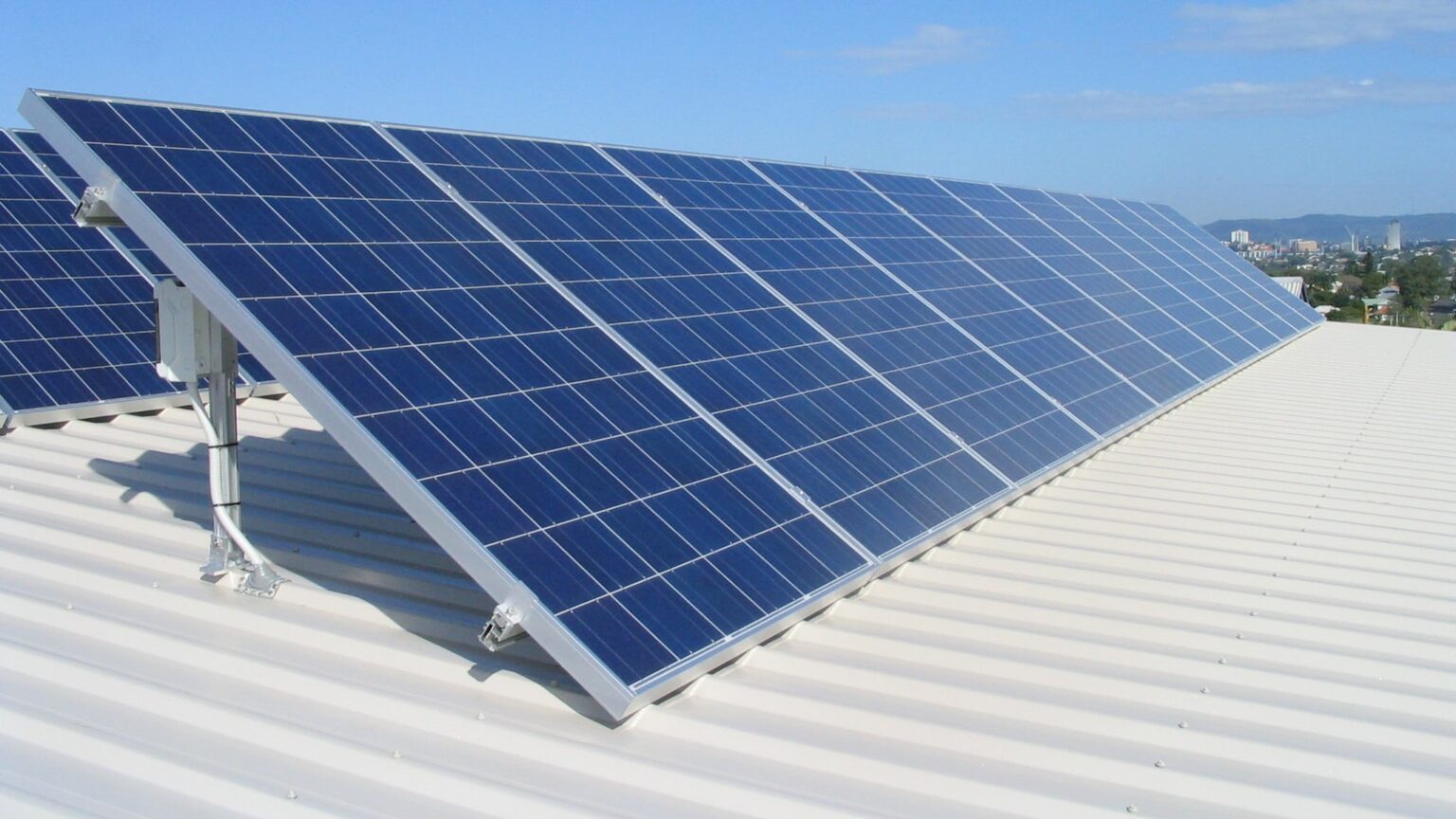UPDATE: On April 27, 2022, Governor Ron DeSantis made the unexpected decision to veto HB-741, which would have ultimately ended net metering (NEM) in Florida. In his veto letter, the Governor cited inflation as the primary reason for his decision. If the state’s legislature were to override this veto, Florida requires a two-thirds majority vote in both the House and the Senate. The solar industry applauds DeSantis and hopes that this outcome sets a precedent for other states as they continue to address NEM successor tariffs.
After a 60-day sprint that began on January 11th, Florida’s 2022 Legislative Session has come to a close. Now, hundreds of bills that passed both the House and the Senate have made their way to the desk of Governor Ron DeSantis, awaiting a signature of approval or a veto. Electric utilities and lawmakers across the country and Florida’s emerging solar market have their eyes on bill HB-741, the bill that would put an end to net metering (NEM) statewide.
What is NEM?
Net metering is an aspect of a compensation structure where the electricity, or number of kilowatt-hours (kWhs), an electric customer with a solar photovoltaic (PV) system generates and sends back to the grid is netted against the number of kWhs purchased from the utility. NEM in its most traditional form, values excess generation at the full-retail rate; it is only at the end of a “true-up” period, typically annual, that any kWhs remaining are then credited at the utility’s wholesale/avoided cost rate or set to zero. Established in 2008, Florida’s NEM policy is at risk of ending.
What’s at Stake?
Come 2029, Florida will effectively end traditional net metering for residents looking to go solar if this bill is approved. Instead, true-ups would occur on a monthly basis, unable to roll over, and all excess kWhs would be cashed out at the utility’s wholesale rate. FL electric utilities would also be authorized to start assessing fees and monthly customer charges, and bill minimums that only solar customers would be subject to. Below are the key points of this bill:
- Interconnection agreements executed prior to 2024 will be entitled to 20 years of grandfathering under FL’s current NEM policy.
- Effective January 1, 2024, kWh energy credits will be reduced as follows:
- 2024-2025: 75%
- 2026: 60%
- 2027-2028: 50%
- Beginning January 1, 2029, all excess generation will be credited monthly at the utility’s avoided-cost rate (2021 averages ranged from $0.02-$0.04 per kWh).
- After the new NEM policy becomes effective on January 1, 2024, IOUs may petition for approval to impose “any combination of fixed charges, including base facilities charges, electric grid access fees, or monthly minimum bills”.
- Interconnection agreements executed between 2024-2029 will be granted 20 years of grandfathering under the design (kWh reduction percentages above) and the rate in effect when the NEM application was approved.
- Through fuel and purchased power cost recovery charges, IOUs can recover any lost revenue resulting from the “unanticipated, incremental addition” of residential solar PV generation within the IOU’s service territory between July 1, 2022 and December 31, 2023.
What’s Next?
Governor Ron DeSantis has yet to receive HB-741 from Florida Legislature. News releases related to Florida’s 2022 Legislative Session, including the delivery of bills, can be tracked here. Once the bill makes its way to the Governor’s desk, he’ll have just two weeks to sign the bill into law or veto it. With bills being delivered almost daily, we fully expect a decision to be made within the next few weeks. The act would take effect July 1, 2022, and start directly impacting the electric bills of solar producers in January 2024. The signing and passage of this bill that would effectively end NEM in the sunshine state, which has relatively low per capita rooftop solar penetration rates, would set a terrible precedent for other states to see.

